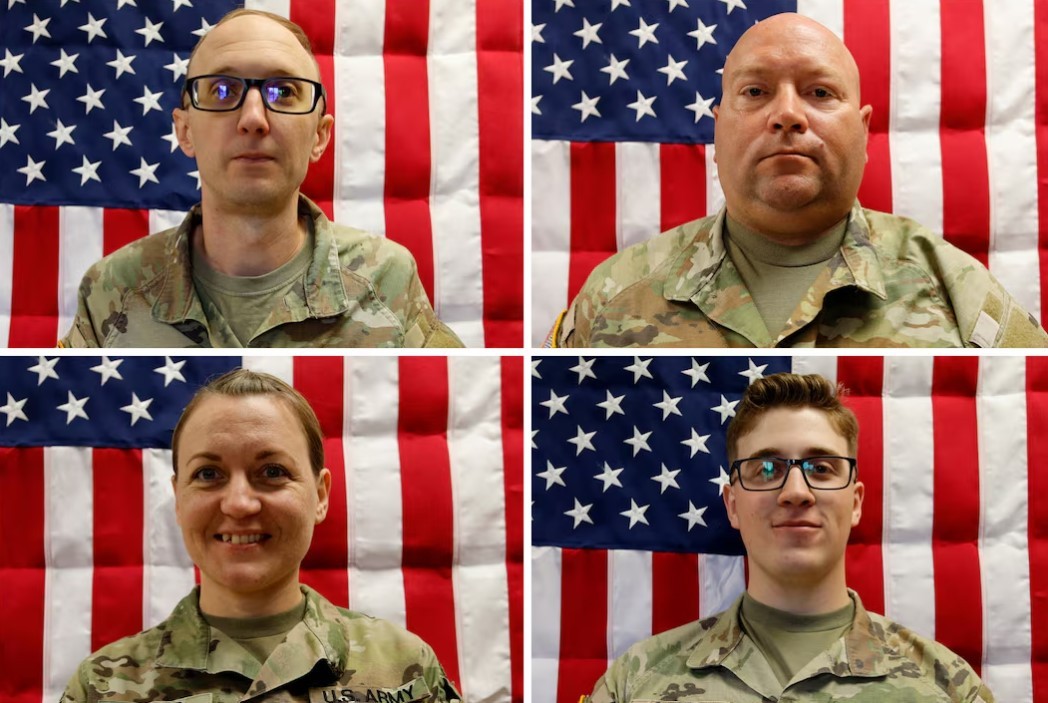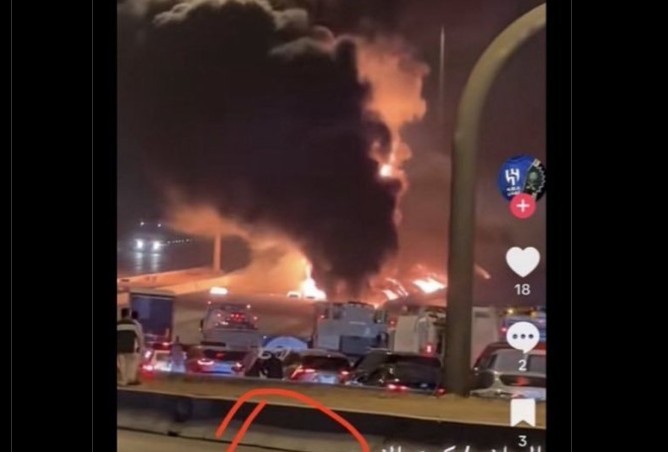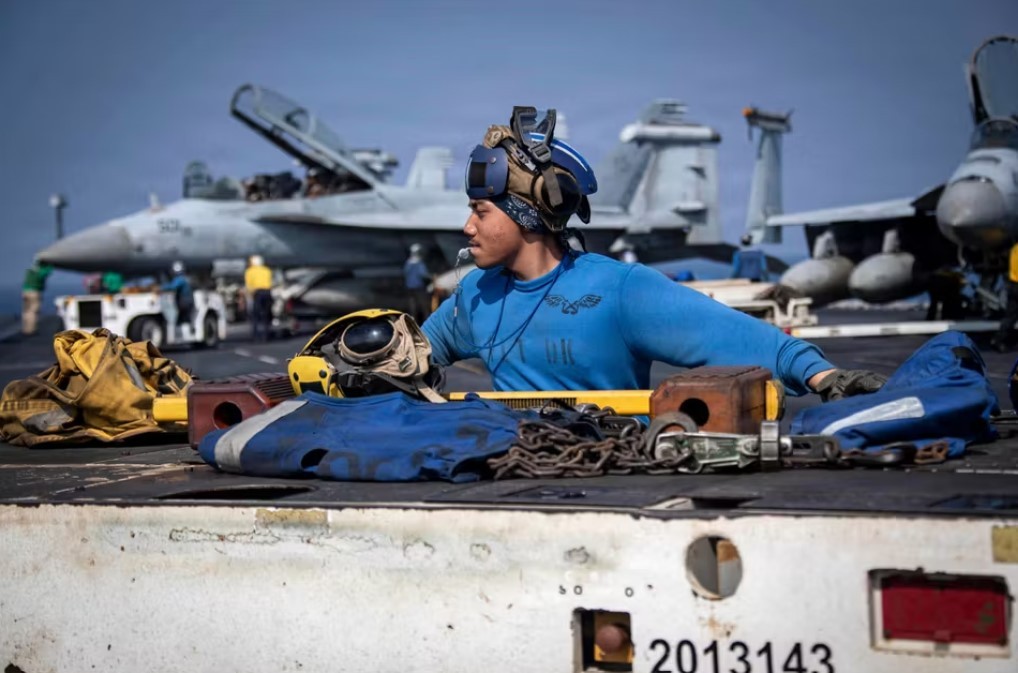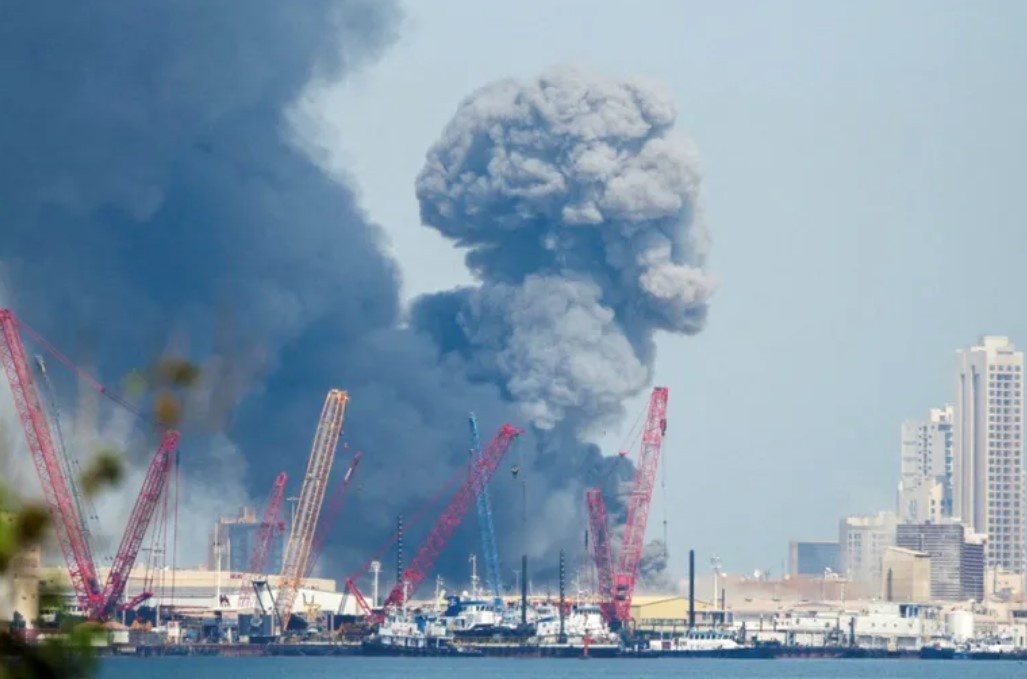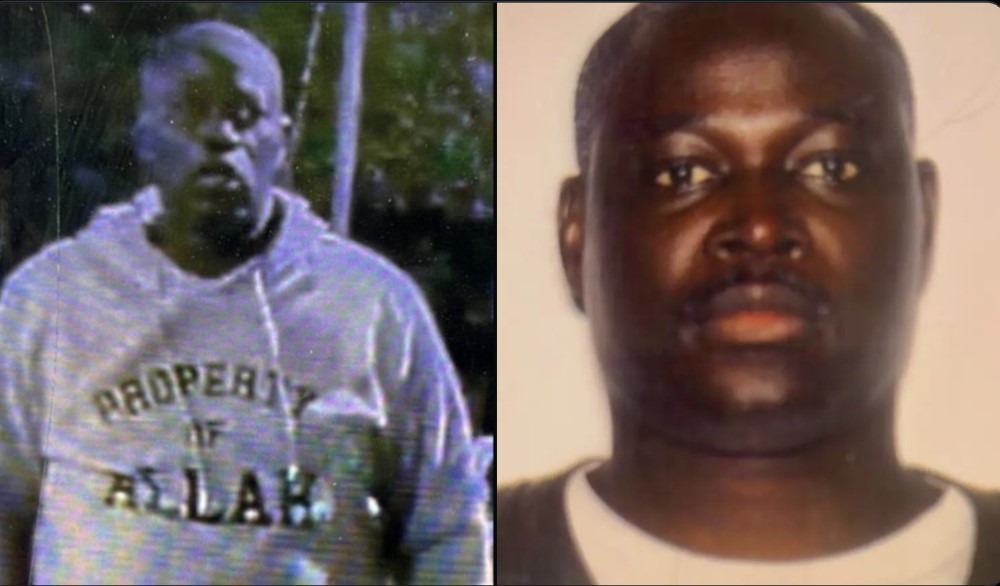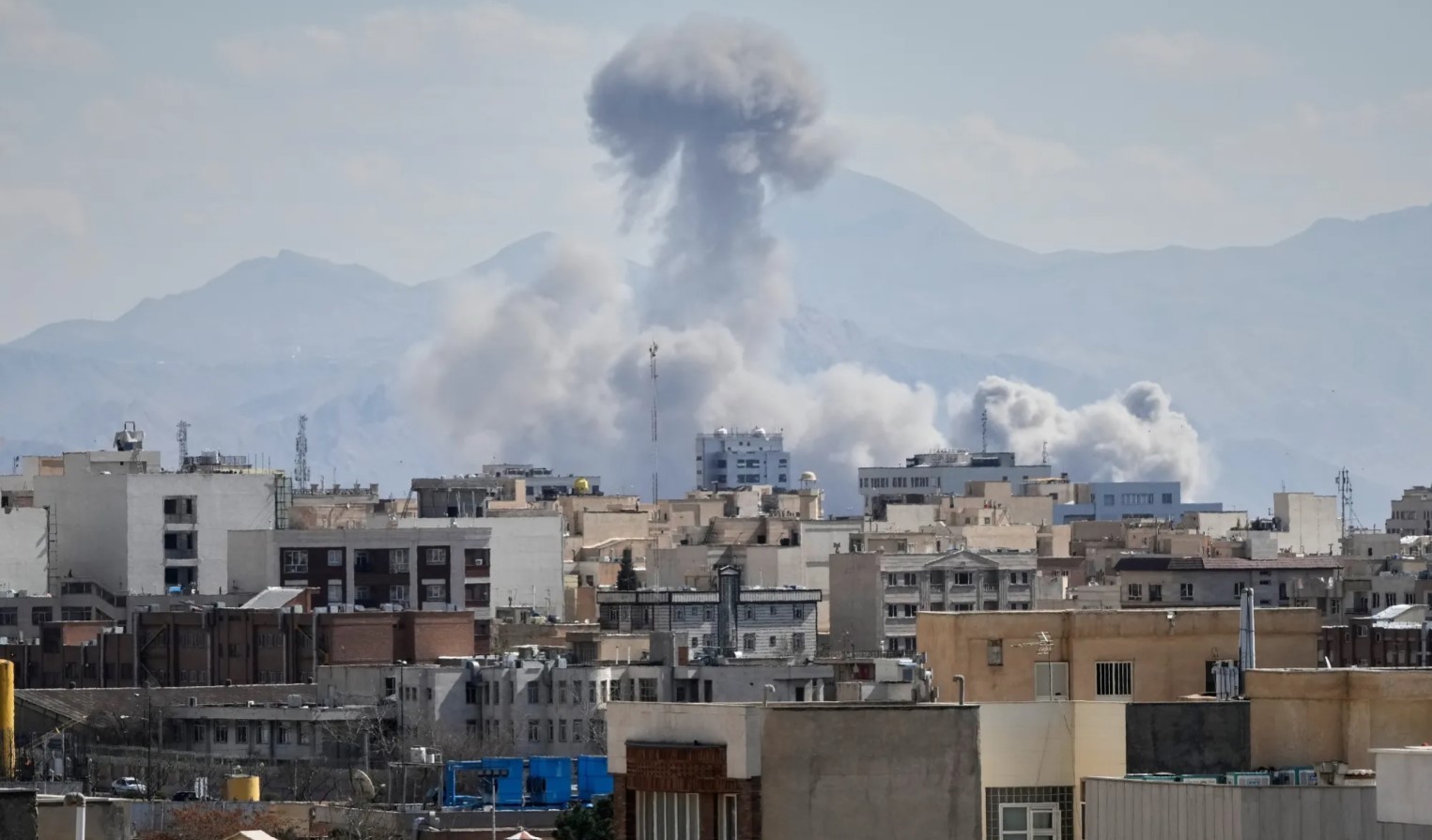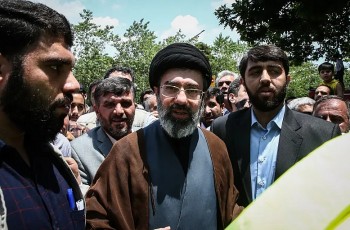What Is Antifa? Breaking Down the Anti-Fascist Movement Trump Declared a Terrorist Threat
In a fiery post on Truth Social, Trump declared:
“ANTIFA IS A DOMESTIC TERRORIST THREAT. Their days are numbered. We will investigate everyone involved — especially those funding their chaos.”
But what exactly is Antifa? How does it operate? And what does the terrorist label really mean in legal and political terms?
Read more: FACTS about ANTIFA – alleged terrorism by Trump?
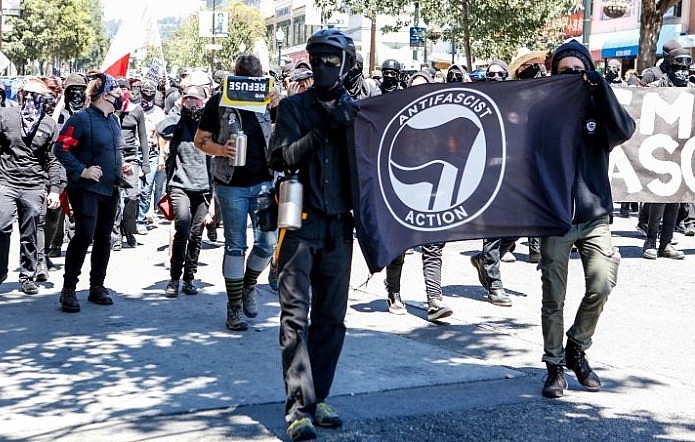 |
| U.S. president Donald Trump raised the prospect of labeling Antifa as a terrorist group |
What Is Antifa? A Decentralized, Disruptive Movement
Antifa — short for “anti-fascist” — refers to a broad, loosely affiliated movement that positions itself against fascism, white supremacy, far-right authoritarianism, and systemic oppression. It has no formal leadership, membership rosters, or centralized organization, making it difficult to define and even harder to regulate.
Core Beliefs:
-
Opposition to fascism, racism, and far-right extremism
-
Distrust of police, capitalism, and state power
-
Use of direct action over electoral politics or institutional engagement
Rather than organizing marches or running candidates, Antifa activists are more likely to be found confronting far-right groups in the streets, exposing online hate networks, or participating in counter-demonstrations.
How Does Antifa Operate?
Antifa functions through a cell-like structure, with independent regional collectives — such as Rose City Antifa in Portland — operating autonomously. Tactics range from nonviolent protest to more aggressive forms of resistance, often causing controversy.
Common Tactics:
-
Black bloc formations: Protesters wearing identical black clothing and masks to conceal identities.
-
Doxxing: Publishing personal information of alleged white supremacists.
-
Property damage during confrontations with police or far-right demonstrators.
-
Physical clashes: Though not officially endorsed, street fights have occurred during flashpoints.
Critics argue these tactics amount to political violence. Supporters claim they are defensive measures used to counter the threat of organized fascism.
A Brief History of Antifa
-
1930s Europe: The term “antifascist” originated with Antifaschistische Aktion in Nazi Germany.
-
1980s–1990s U.S.: Groups like Anti-Racist Action (ARA) formed to confront neo-Nazi skinheads and racist militias.
-
2016–2020: Antifa gained prominence during the Trump presidency, particularly after the Charlottesville rally in 2017, where an Antifa counter-protester was killed by a white nationalist.
Since then, the movement has remained active, especially in cities like Portland, Seattle, and Washington, D.C.
Why Trump Declared Antifa a Terrorist Group
President Trump has long associated Antifa with civil unrest and violence, frequently blaming the movement for chaos at protests, riots, and attacks on conservative events.
The recent assassination of Charlie Kirk — allegedly by Tyler Robinson, who expressed anti-fascist beliefs in private writings — gave Trump a political opening to revive his anti-Antifa narrative.
“This is no longer protest. It’s terrorism, plain and simple,” Trump said.
However, under current U.S. law, there is no legal framework for designating domestic movements as terrorist organizations — a point emphasized by civil rights groups and legal scholars. The label, while powerful politically, may have little legal authority, unless Congress passes new legislation.
Criticism From Across the Political Spectrum
The move has drawn sharp responses:
-
Legal experts argue that Trump’s order is likely unconstitutional, targeting ideology rather than conduct.
-
Human rights groups warn it may criminalize dissent and pave the way for surveillance of activists, journalists, and protestors.
-
Some Democrats say the designation is an election-year tactic to rile up Trump’s base and distract from real domestic threats — such as white nationalist groups.
“You can’t outlaw an idea,” said ACLU Legal Director David Cole. “This is political theater with dangerous implications.”
What Happens Now?
While the terrorism label is largely symbolic, it opens the door to:
-
Increased surveillance of protest groups
-
Broader DOJ investigations into anyone linked to Antifa
-
Use of RICO statutes to target activists across state lines
-
Pressure on financial institutions to track donations and funding sources for radical protest groups
Meanwhile, progressive groups warn this could become a template for future crackdowns on dissent.
FAQs About Antifa
Is Antifa a terrorist organization?
Legally, no. The U.S. does not have a domestic terrorism designation process like it does for foreign groups. Trump’s declaration is symbolic and likely unenforceable without new laws.
Does Antifa have leaders or a headquarters?
No. It is a decentralized, autonomous movement with no central leadership. Groups act independently based on shared principles.
Is Antifa responsible for widespread violence?
The FBI and DHS have said that while some members have been involved in violent acts, there is no evidence of a coordinated Antifa conspiracy to attack the public. Right-wing extremist groups have been responsible for far more deaths in the U.S. over the past decade.
How is Antifa different from BLM?
While both oppose systemic racism, Black Lives Matter (BLM) is a structured social movement focused on racial justice, while Antifa is a militant anti-fascist ideology. They often overlap at protests but are fundamentally different.
Can peaceful protestors be targeted as Antifa?
Yes — and that’s the concern. Civil liberties advocates fear that peaceful protesters could be labeled “Antifa” simply for attending protests, wearing masks, or criticizing right-wing figures.
Final Thoughts
The debate over Antifa reveals deeper fault lines in American politics — between law and liberty, order and resistance, and perception and reality. As Trump pushes ahead with his domestic “war on terror,” the risk is not only the erosion of civil rights but also the silencing of legitimate protest in a democratic society.
The coming months will determine whether this move is a blip of political opportunism — or the beginning of a new chapter in America’s struggle over protest, power, and public dissent.
 Tyler Robinson’s “Chilling Texts” to Lance Twiggs Revealed — What They Tell Us About the Charlie Kirk Killing Tyler Robinson’s “Chilling Texts” to Lance Twiggs Revealed — What They Tell Us About the Charlie Kirk Killing New evidence uncovers text messages from Tyler Robinson to his partner Lance Twiggs, dark notes under his keyboard, and his motives in the Charlie Kirk ... |
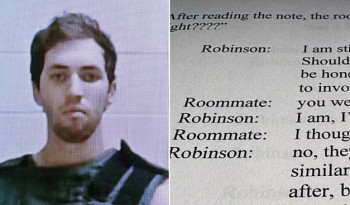 “Enough of His Hatred”: Unsealed Messages Reveal How Tyler Robinson Allegedly Planned Charlie Kirk’s Assassination “Enough of His Hatred”: Unsealed Messages Reveal How Tyler Robinson Allegedly Planned Charlie Kirk’s Assassination Newly revealed text messages show Tyler Robinson’s chilling confessions and motives before he fatally shot Charlie Kirk. Here’s what the texts reveal about planning, ideology, ... |
 Who is Jimmy Kimmel? Why ABC Suspended His Late-Night Show Over Charlie Kirk Remarks Who is Jimmy Kimmel? Why ABC Suspended His Late-Night Show Over Charlie Kirk Remarks Jimmy Kimmel, one of the most influential figures in American television, is facing an unprecedented backlash. On September 17, 2025, ABC suspended his iconic late-night ... |
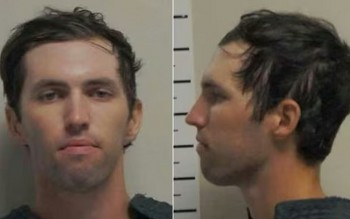 Suspect in Charlie Kirk Killing Feared Police Would Shoot Him Before Peacefully Surrendering, Sheriff Says Suspect in Charlie Kirk Killing Feared Police Would Shoot Him Before Peacefully Surrendering, Sheriff Says The Reluctant Surrender: Inside the Mind of Charlie Kirk’s Accused Killer, Tyler Robinson. |

